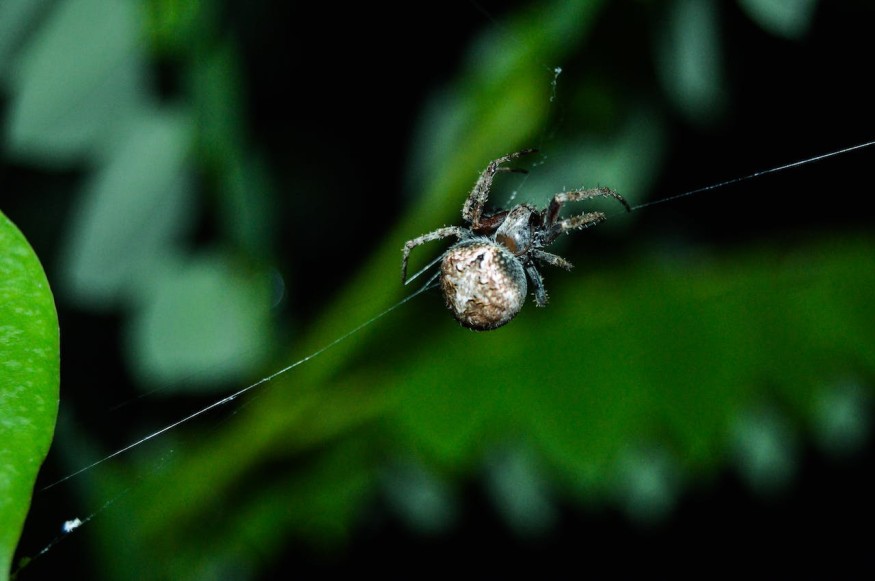
Spiders do not have any ears or eardrums of their own. However, they can still hear.
Spiders Can Hear Without Ears
A study conducted by Binghamton University researchers found that orb-weaving spiders, such as the one in the famous Charlotte's Web, are capable of picking up sounds via spiderweb minute vibrations.
This auditory outsourcing trick is quite clever and could be how the creatures are able to make up for the fact that they do not have any eardrums. This inhibits them from hearing the same way as humans.
As the years have passed, studies have revealed that spiders hear with the tiny hairs on their legs. This is due to the sensitivity of the fuzz toward the sound vibrations nearby. For a long time, this is as far as experts believed the auditory senses of arachnids went.
The study that the Binghamton University researchers conducted suggests something even more remarkable. It reveals that orb-weaving spiders are capable of physically tuning the strings of their spiderwebs to focus on a tone they desire to zero into.
How Orb-Weaving Spider Hearing Works
As part of the study, the researchers gathered several orb-weaving spiders from windows on their campus. They put the spiders inside a rectangular frame inside a room that was soundproof. They then waited for the spiders to create their webs.
After this, the researchers played certain signs to examine whether the insects would listen to these sounds and react to them. The researchers observed that they did react, even to extremely low-volume noise.
To go even further, the researchers tried playing the sounds at various angles to see if the spiders were capable of figuring out where the sounds were from. Surprisingly, the spiders were able to do so with an accuracy level of 100%.
After examining the webs of the orb-weaving spiders, the study authors discovered that the creatures were able to swiftly pick up the movements of the air particles nearby. These particles vibrated due to the sound waves. The researchers were able to conclude that orb-weaving spiders standing on strings that were vibrating were able to sense sound.
The authors also discovered that as these creatures sensed sounds, they also stretched and crouched over the web. While this behavior was observed before, it did not come with much explanation. The findings then helped the team connect the dots between things.
However, prior to making any serious claims, the researchers wanted to see if spiders could hear through the webs if these webs were moving. Researchers then proceeded with a final experiment to determine this.
The authors made use of a small speaker to play sounds for the creatures. This sound nearly fully died down prior to reaching the web. However, it kept on powerfully propagating through the strings of the webs as vibrations. Essentially, this made the string vibration isolated from the aspect of actual and listenable sound.
The study found that four of the 12 spiders responded even to signals that were weak. This meant that they were capable of feeling the web vibrations themselves and ruling the caveat out.
RELATED ARTICLE : Pumpkin Spiders Are Your Jack O' Lanterns With Eight Legs; Is Their Increase This Halloween All Just A Coincidence?
Check out more news and information on Animals in Science Times.










